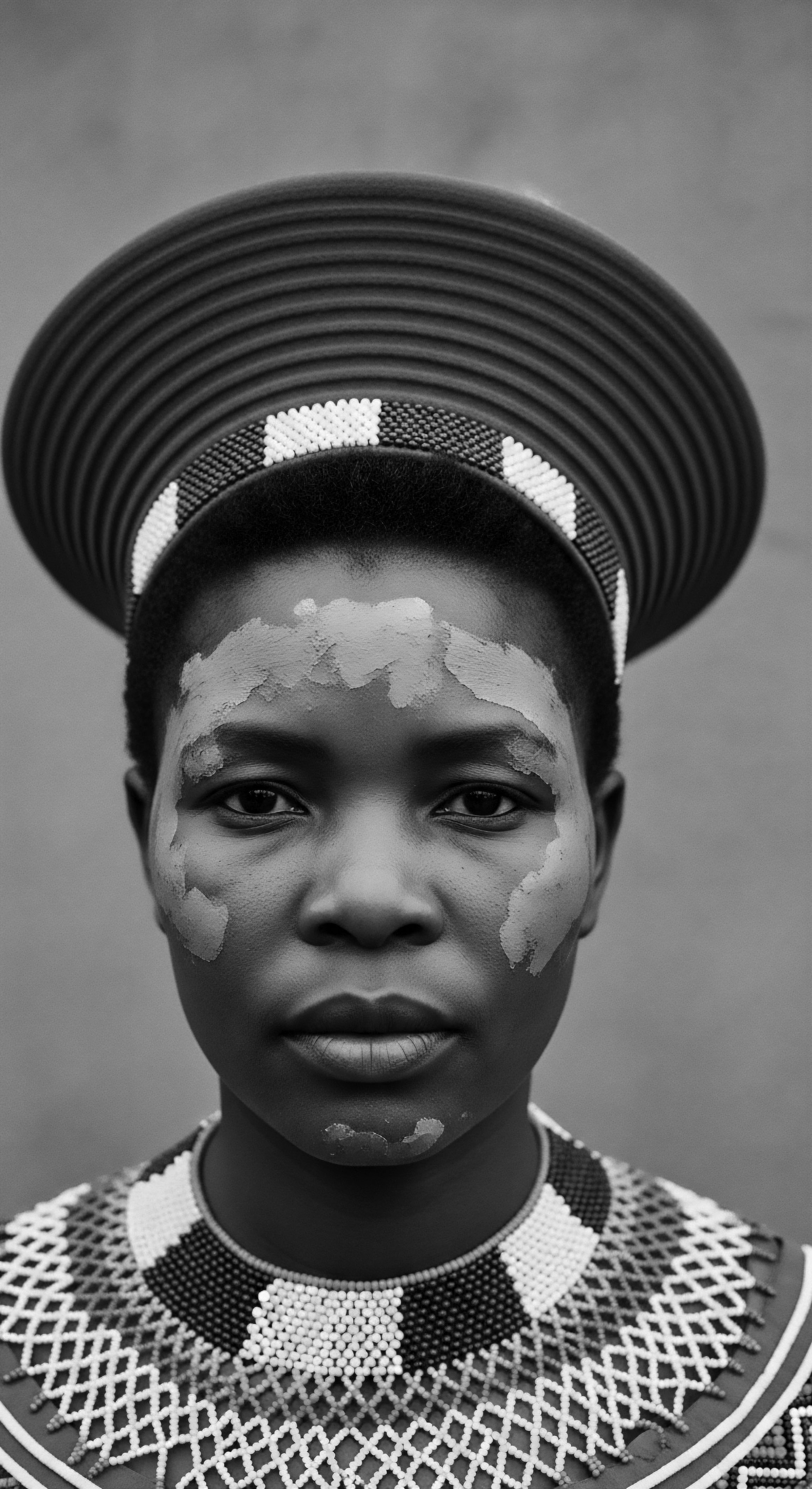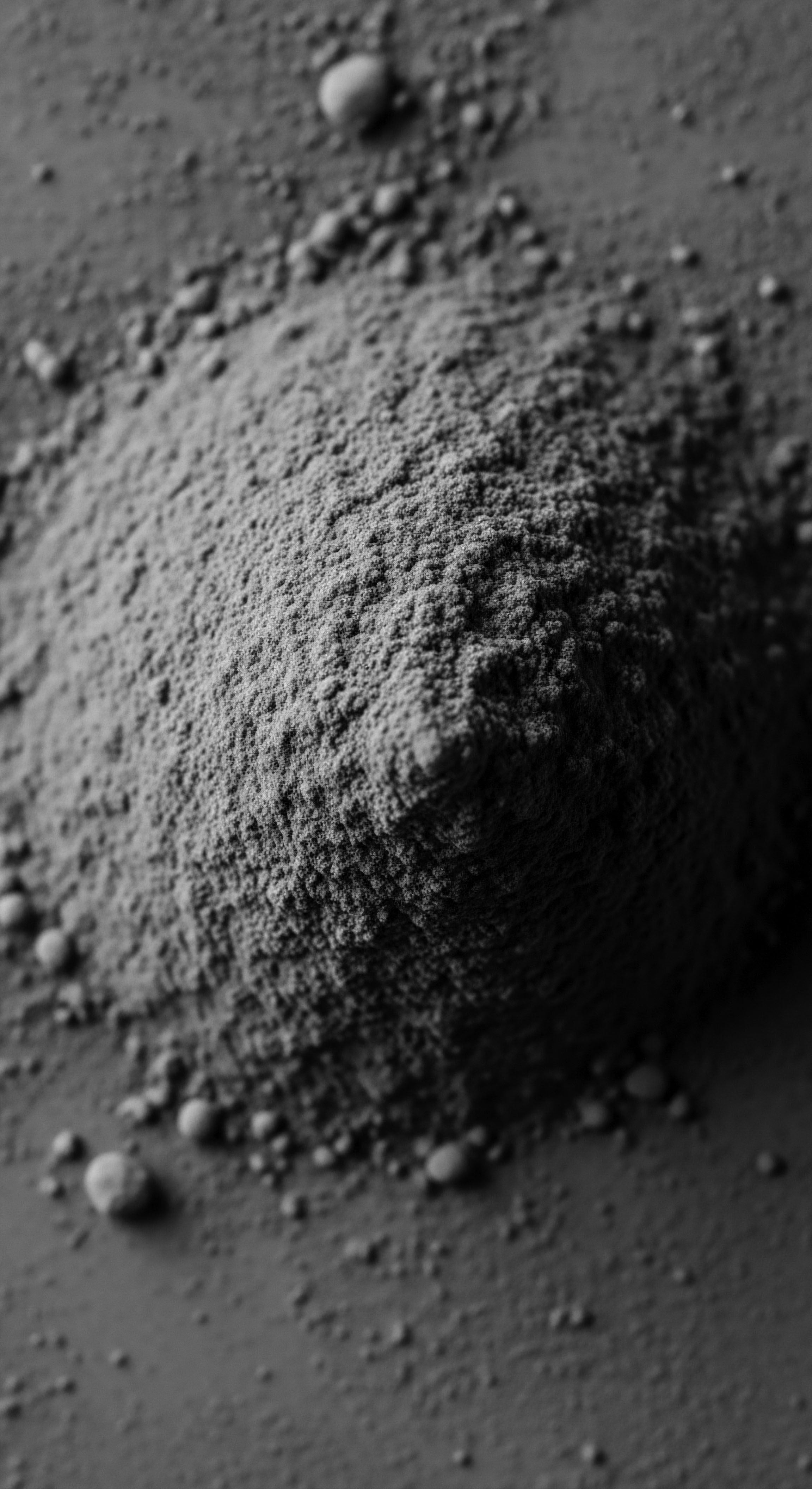
What Traditional African Oils Were Used for Hair Protection?
Traditional African oils like shea, marula, and baobab offered protection and nourishment for textured hair, rooted in ancestral wisdom.
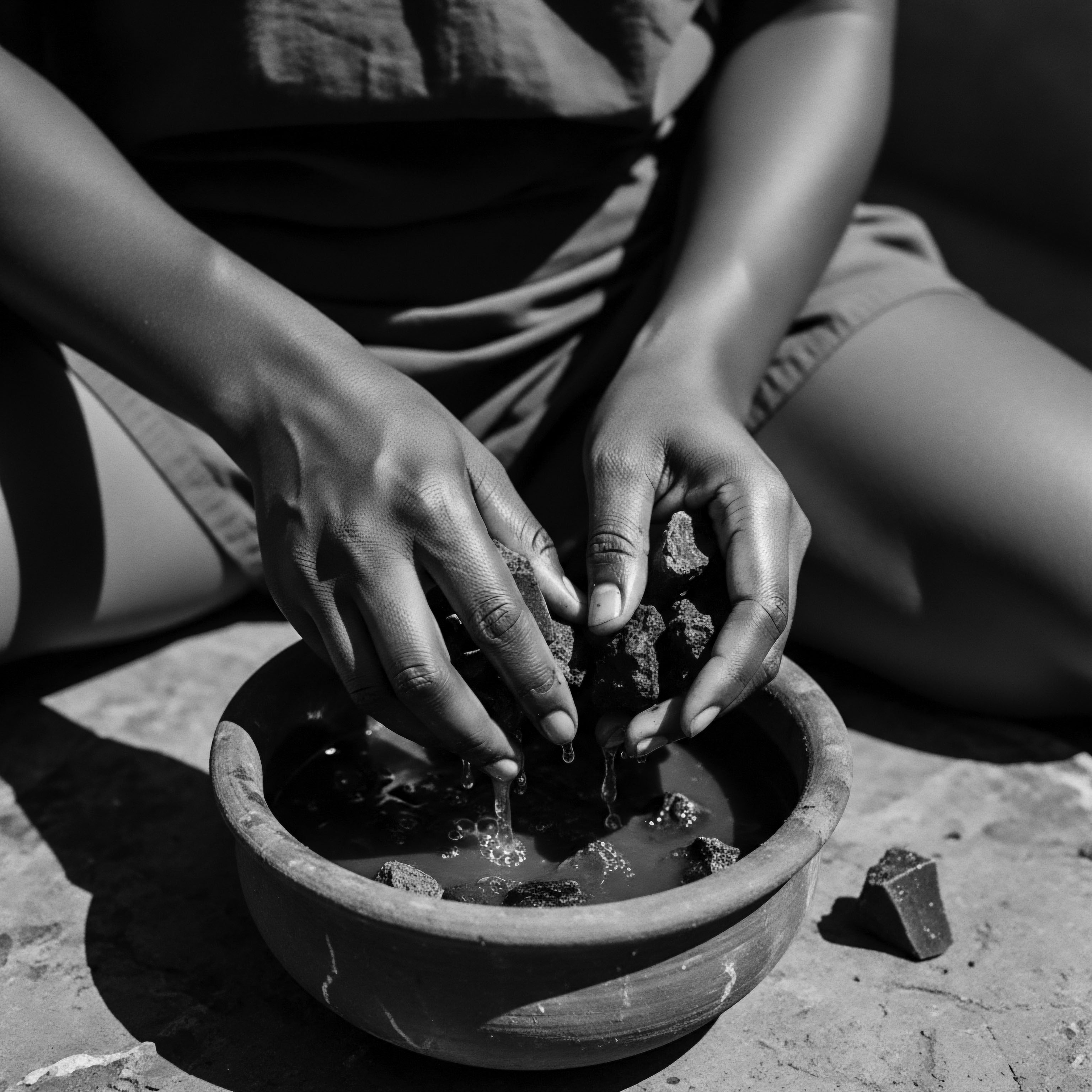
African Clay Practices
Meaning ❉ African Clay Practices involve the historical use of natural mineral earths by indigenous communities for holistic textured hair care and cultural expression.
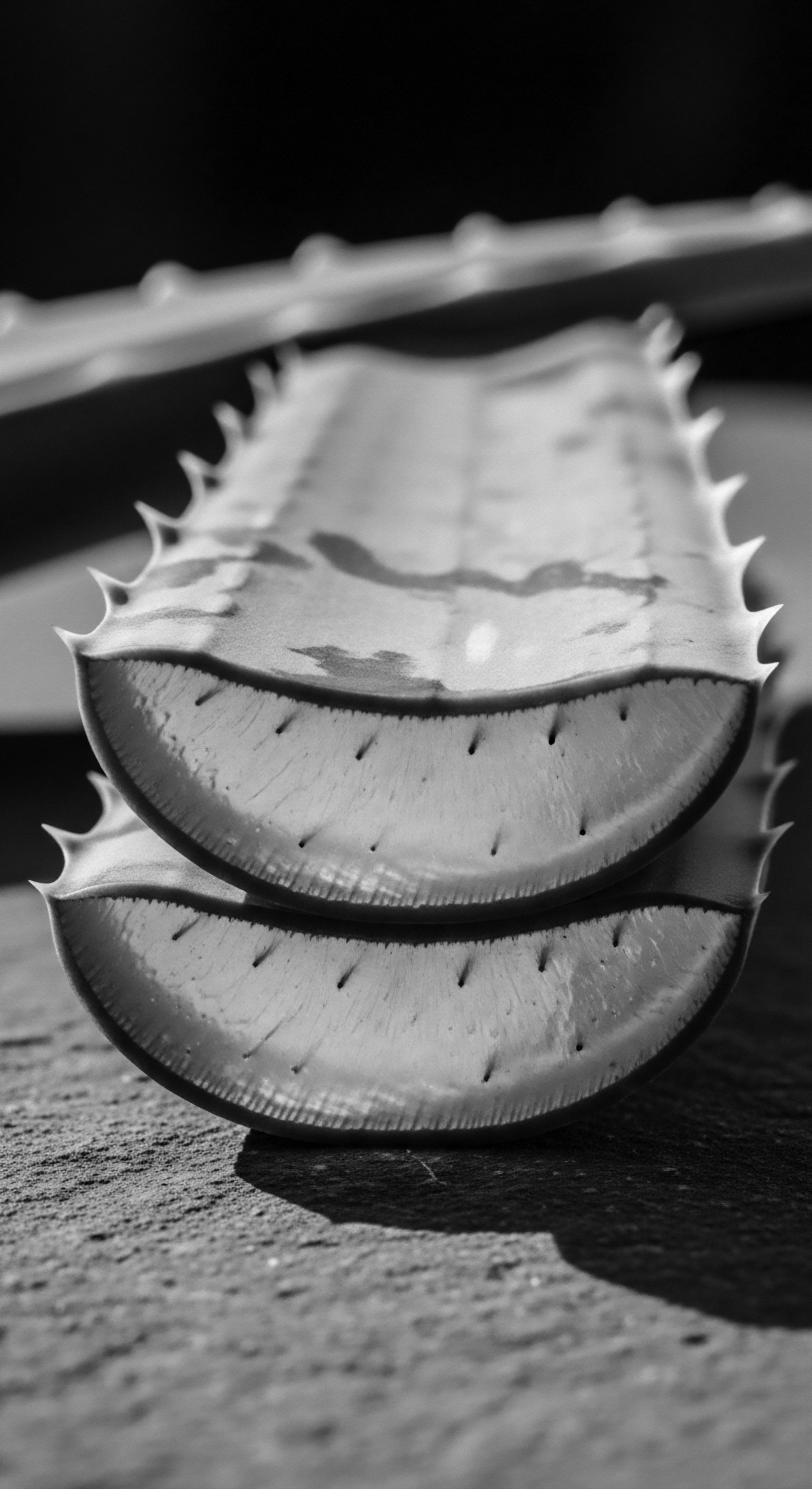
What Ancestral Botanical Wisdom Continues to Shape Textured Hair Care Today?
Ancestral botanical wisdom, rooted in diverse cultural heritage, continues to inform modern textured hair care through plant-based ingredients and time-honored practices.
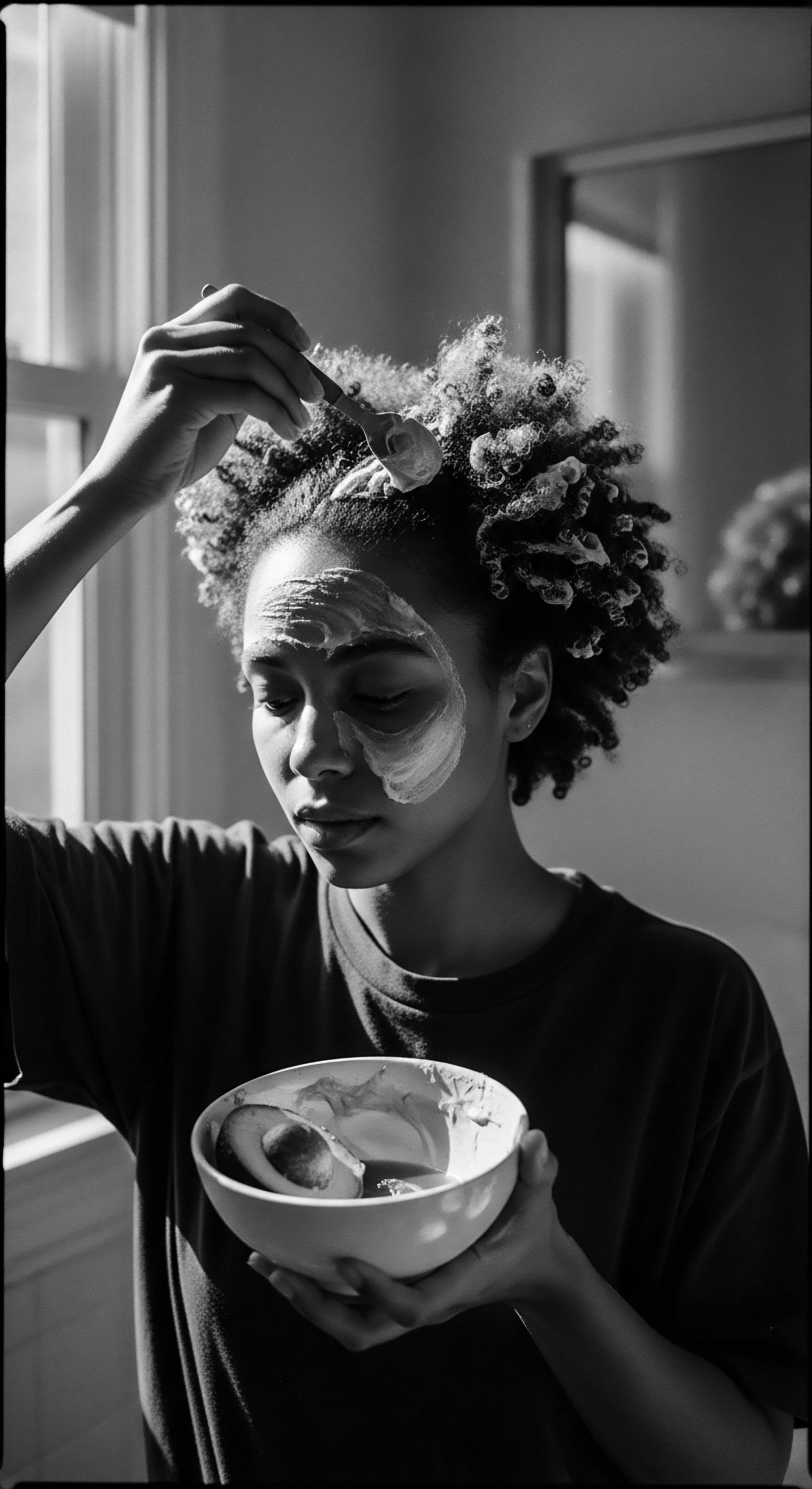
How Do Ancestral Plant Practices Support Hair Growth?
Ancestral plant practices support textured hair growth by fortifying strands, nurturing scalp health, and honoring unique heritage.

What Is the Scientific Basis for Hair Bonnets in Heritage Care?
Hair bonnets reduce friction and maintain moisture, scientifically preserving textured hair’s health, a practice deeply rooted in ancestral care.
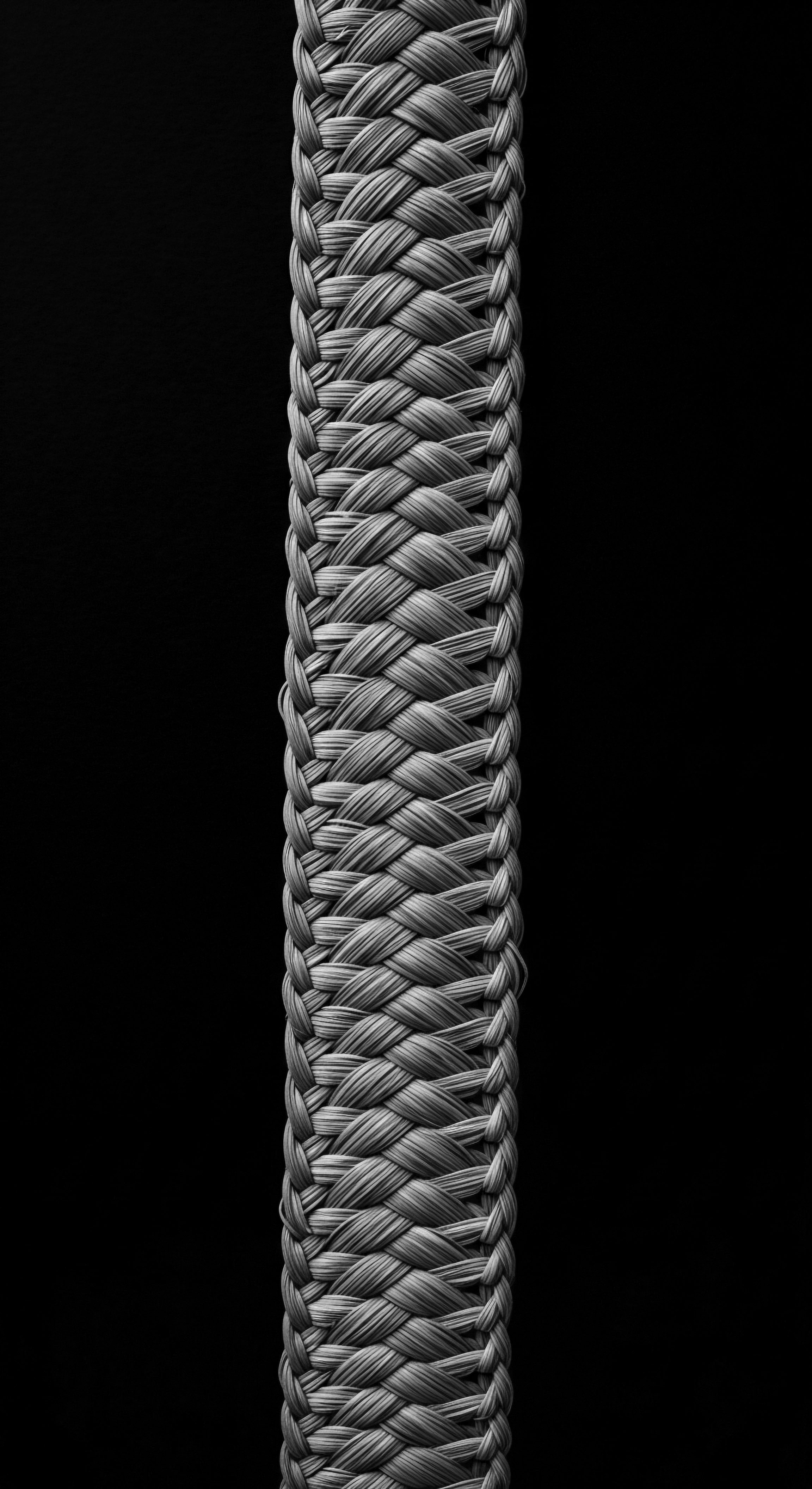
In What Ways Do Historical Practices Validate Current Scientific Understanding of Textured Hair?
Historical hair practices validate current science by demonstrating intuitive comprehension of textured hair's unique structure and needs.

